Divine Fire, David Woo’s collection of poems, is now available. Go here for more information and orders (with free shipping). To order from your independent bookstore, go here. To order from Amazon, go here.
In April 2025, I was honored to be re-elected poetry chair of the National Book Critics Circle.
As the poetry chair at the National Book Critics Circle, I had the pleasure to announce Anne Carson’s Wrong Norma as the winner of the poetry award at our ceremony at the New School in New York City, March 20, 2025. The full list of winners is here. The finalists reading, which I emceed, is here. And the ceremony itself is here.
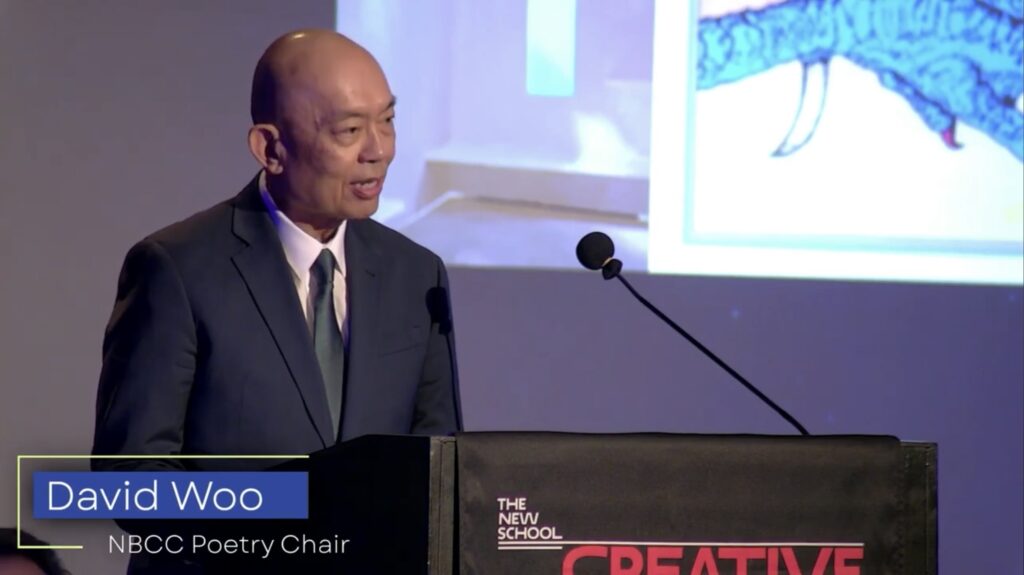
Our poetry finalists for the 2024 National Book Critics Circle (Oliver Baez Bendorf, Anne Carson, Jennifer Chang, Dawn Lundy Martin, and Carl Phillips):
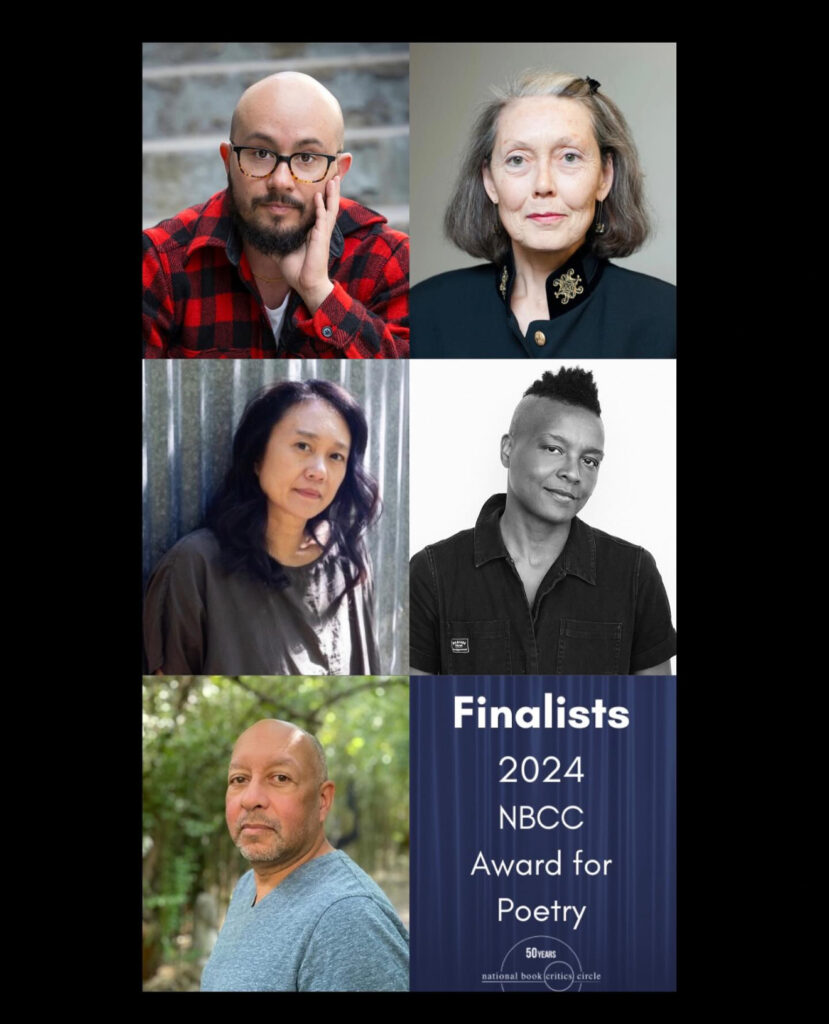
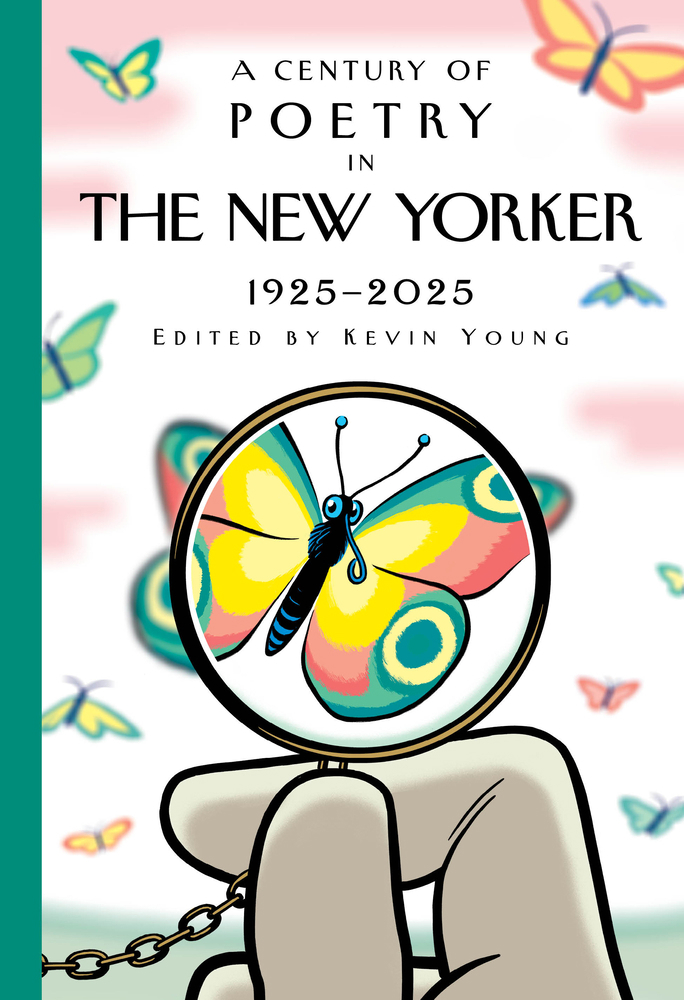
As poetry chair of the National Book Critics Circle, I’m delighted to announce the finalists for the 2024 poetry award:
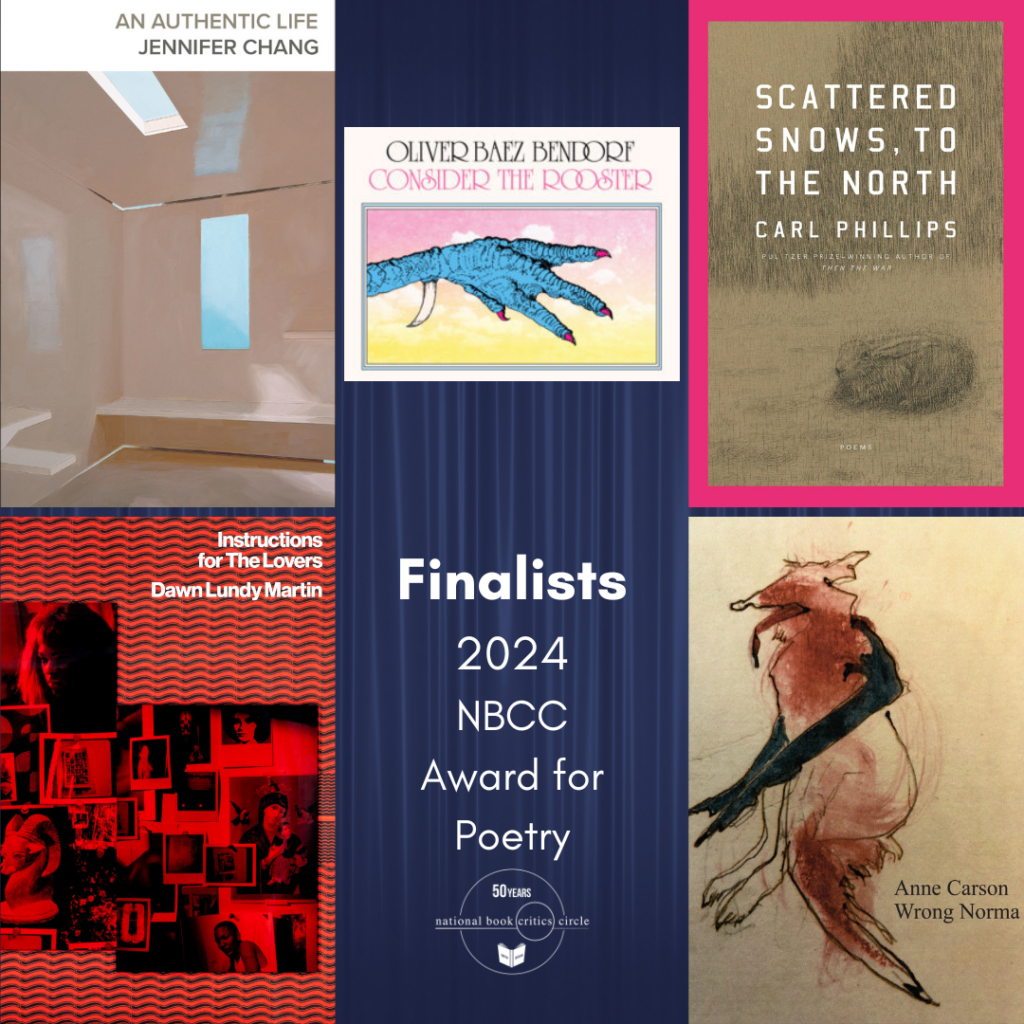
For The Emancipator, I interviewed Danez Smith about their curation of Langston Hughes’s work:
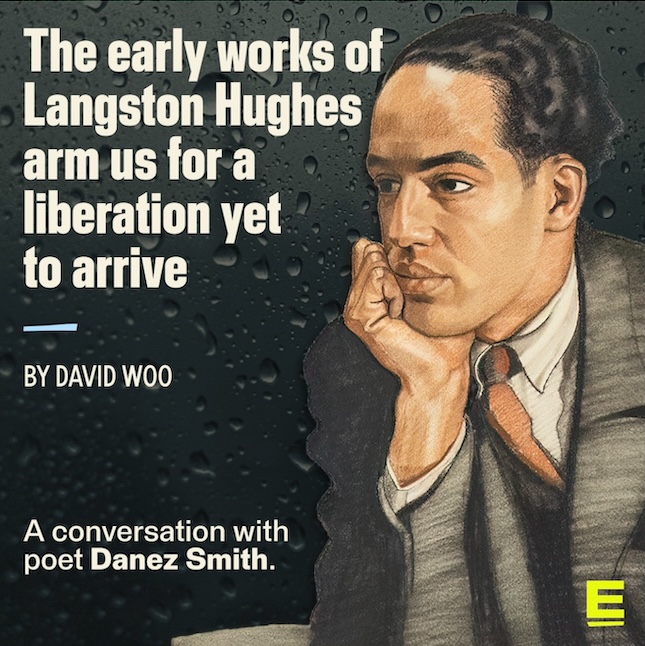
As chair of the poetry committee for the National Book Critics Circle, I’m pleased to announce the longlist for the 2024 award in poetry:
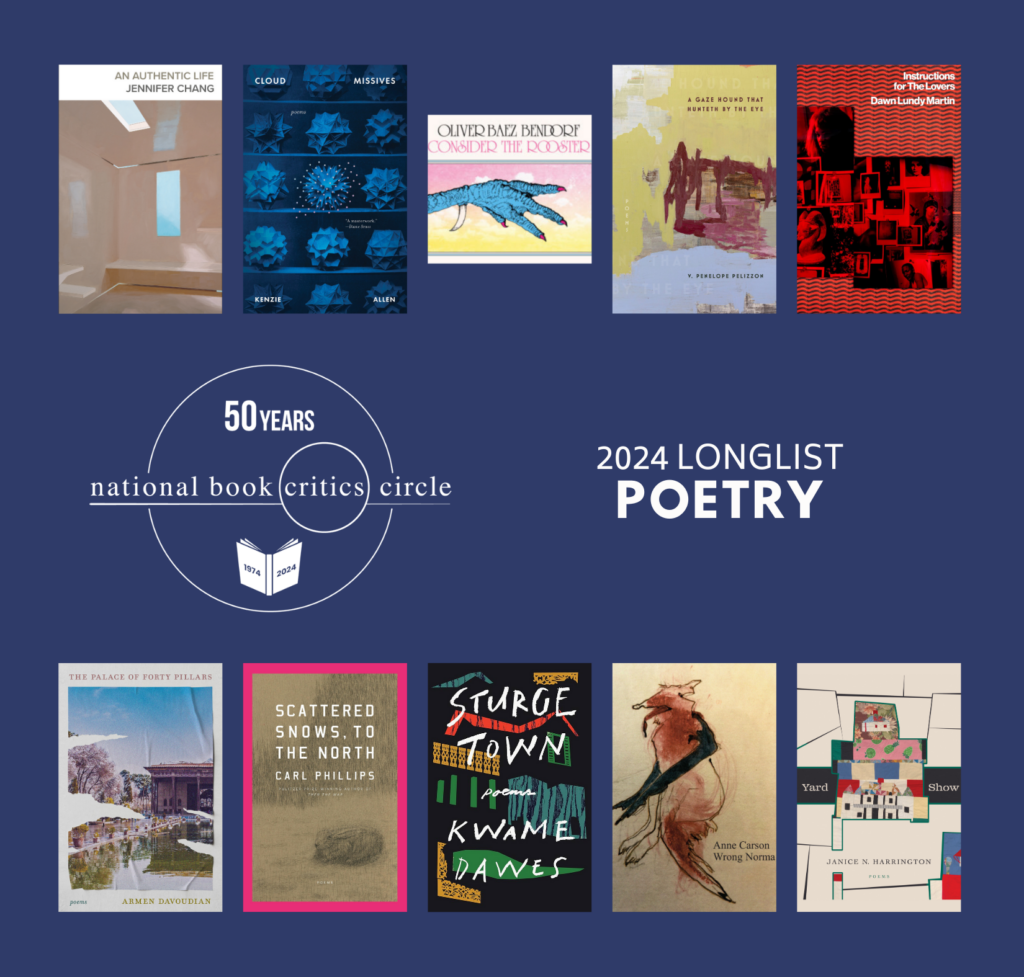
December 2024: A look back at the year in poetry at Literary Hub, plus reviews of Kwame Dawes’s Sturge Town, Farnoosh Fathi’s Granny Cloud, Melissa Kwasny’s The Cloud Path, Halyna Kruk’s Lost in Living, Paul Muldoon’s Joy in Service on Rue Tagore, Laura Newbern’s A Night in the Country, and Ryan Ruby’s Context Collapse.
October 2024: Reviews at Literary Hub of Jennifer Chang’s An Authentic Life, Janice N. Harrington’s Yard Show, Matthew Hollis’s Earth House, Idra Novey’s Soon and Wholly, Jimin Seo’s Ossia, Lyrae Van Clief-Stefanon’s Purchase, and Jordan Windholz’s The Sisters.
I was delighted to be one of the judges of the Poetry Foundation’s Pegasus Award that selected Elizabeth Sarah Coles’s Anne Carson: The Glass Essayist as the best work of poetry criticism for 2024. Here is my praise of the book: “To capture something as quicksilver as the work of the great Anne Carson is an achievement in itself but to elaborate a concept (‘performative form’) that divulges how Carson’s aesthetic intentions manifest and effloresce on the page is a mark of brilliance. Elizabeth Sarah Coles’s Anne Carson: The Glass Essayist proceeds with aphoristic flair and an erudite array of literary quotations, but what will remain with me is her dazzling invitation to view Carson’s oeuvre as a ne plus ultra of mimesis, where the reader participates in a poetic performance ‘reproducing or mirroring an original experience so that it might happen again in reading or recital.’” We also selected two superb books as nominees: Terrance Hayes’s Watch Your Language and Roger Reeves’s Dark Days.
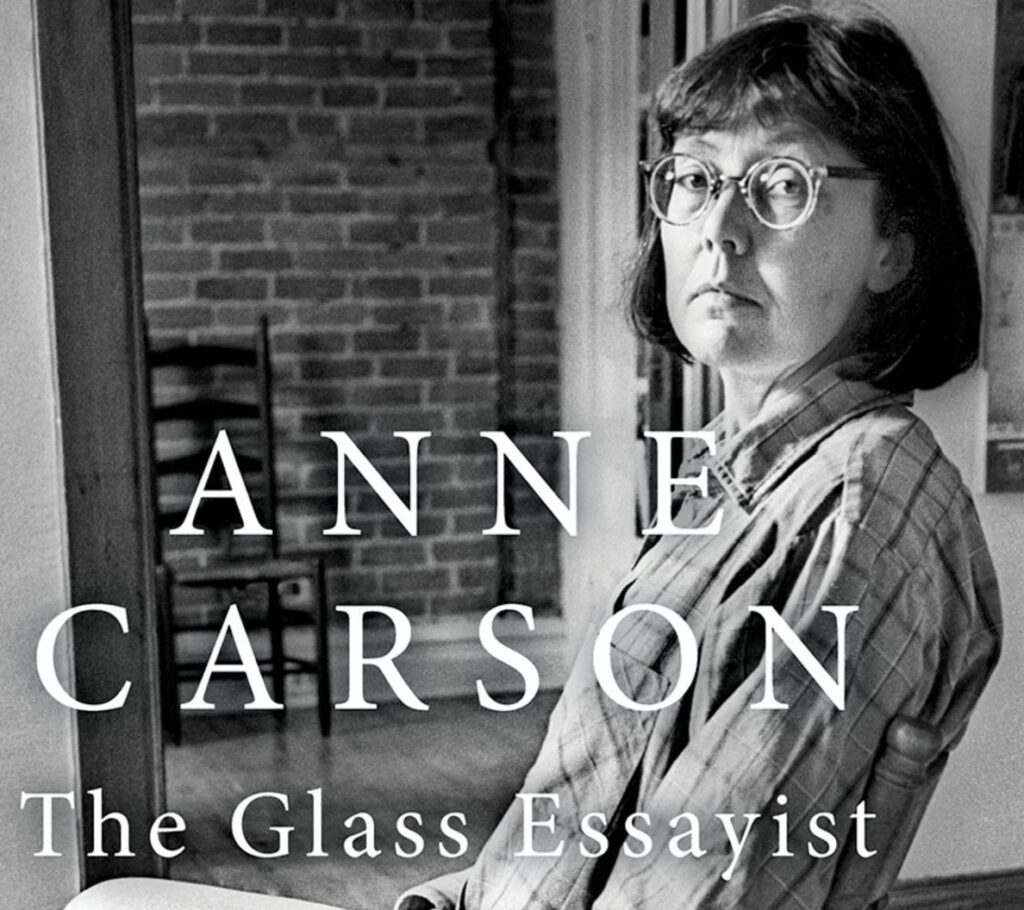
My essay on Kim Hyesoon’s Phantom Pain Wings, translated by Don Mee Choi, winner of the National Book Critics Circle Award for best poetry book of 2023, in On the Seawall. When I first read Phantom Pain Wings, I was beguiled by its strangeness and originality. I spent about six months uncovering how it worked: I read through all of Kim’s works in English, especially Don Mee Choi’s superb translation, I looked at a French translation of Kim’s Autobiography of Death, and I learned a bit of Korean to gain a sense of how the poems operated in their own language.
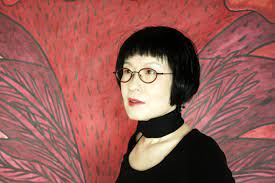
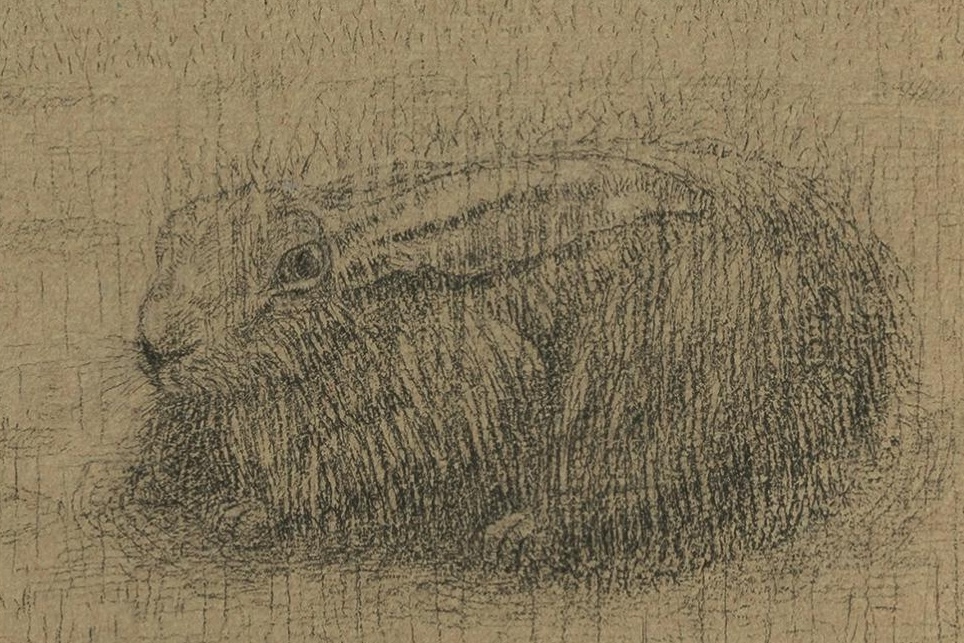
(Detail from the cover of Scattered Snows, to the North, Farrar Straus Giroux.)
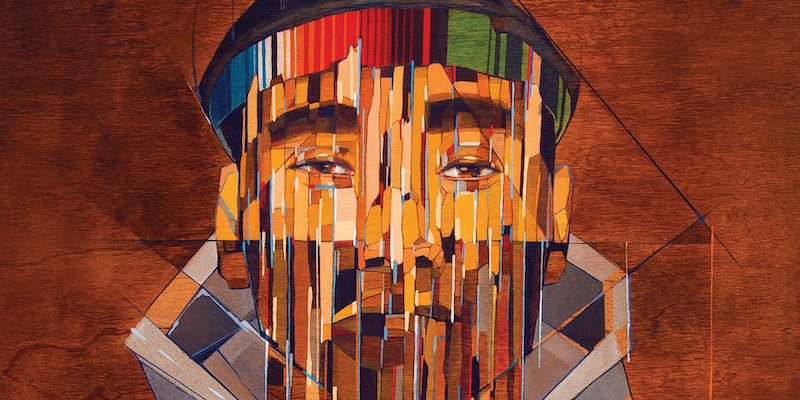
On May 1, 2024, I was delighted to be the guest speaker for “Get the Word Out,” a program from Poets & Writers. I spoke with a cohort of up-and-coming poets about my experience as a poet and critic.
April 2024 poetry book reviews at Literary Hub: Victoria Chang, Daniel Khalastchi, Sylvia Legris, Joyelle McSweeney, Corey Van Landingham, C. K. Williams.
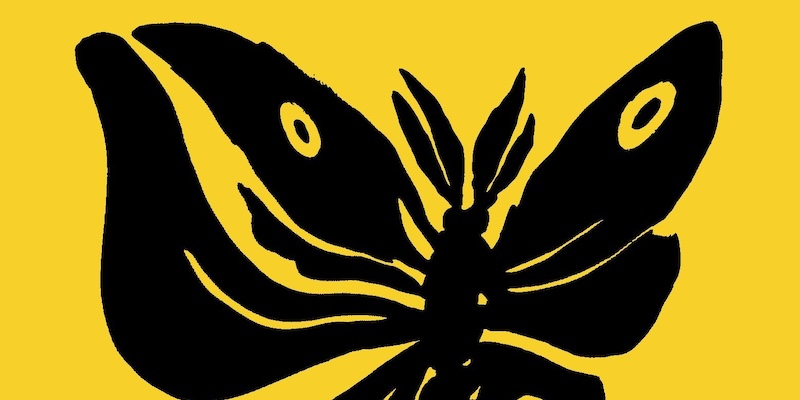
Honored to be the new poetry committee chair at the National Book Critics Circle. We’ll be looking for the best poetry books of 2024.
March 2024: Congratulations to Kim Hyesoon and her translator Don Mee Choi for Phantom Pain Wings, winner of the poetry prize from the National Book Critics Circle, the culmination of a year’s work on our poetry committee.
I’m emceeing the finalists reading for the National Book Critics Circle Awards on Wednesday, March 20, 2024, at 6:30 P.M. ET in New York City. The awards ceremony will be livestreamed on March 21, 2024:
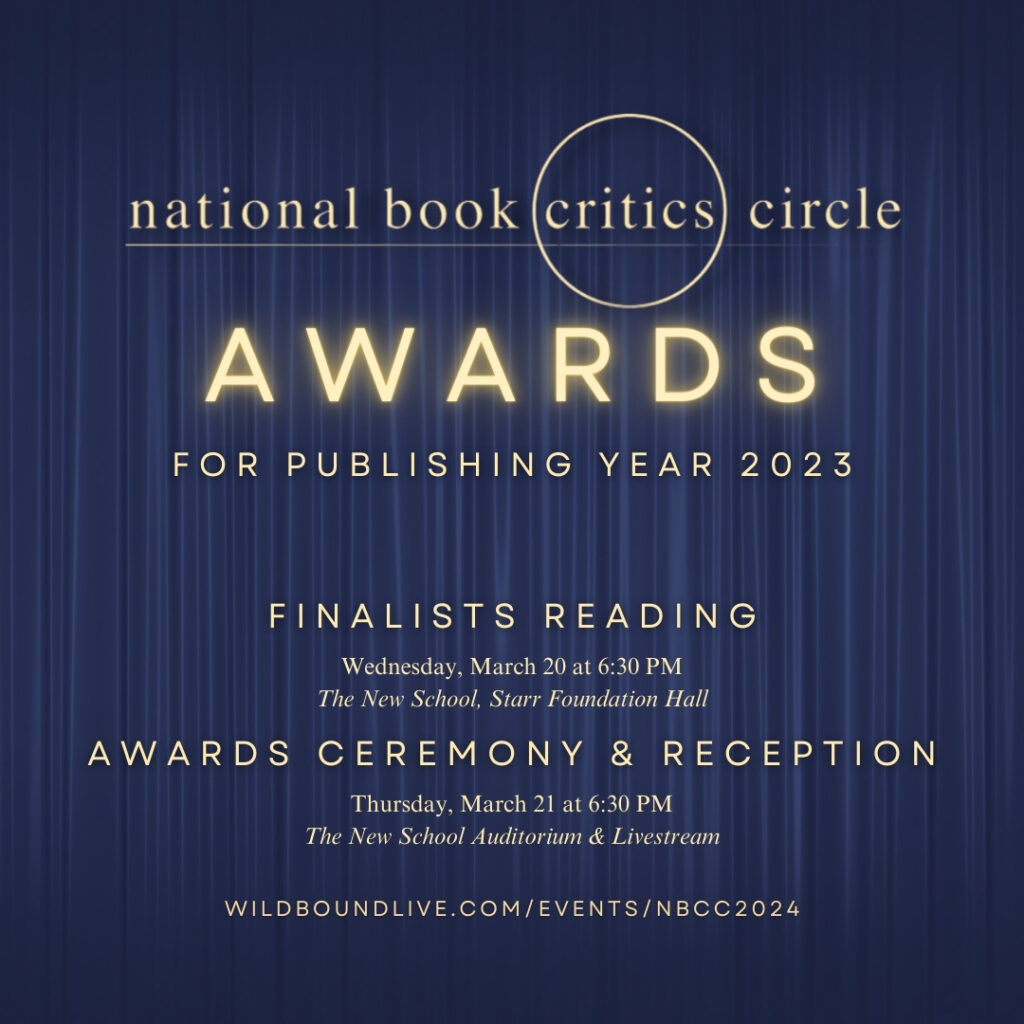
Reviews of new poetry books at Literary Hub:
Sarah Ghazal Ali, Tracy Fuad, Cyrée Jarelle Johnson, Dorianne Laux, Gregory Pardlo, Abigail Parry, Katie Peterson.
My year on the poetry and nonfiction committees at the National Book Critics Circle has been a journey of a lifetime, passionately reading and discussing books. Here are our beautiful shortlists:
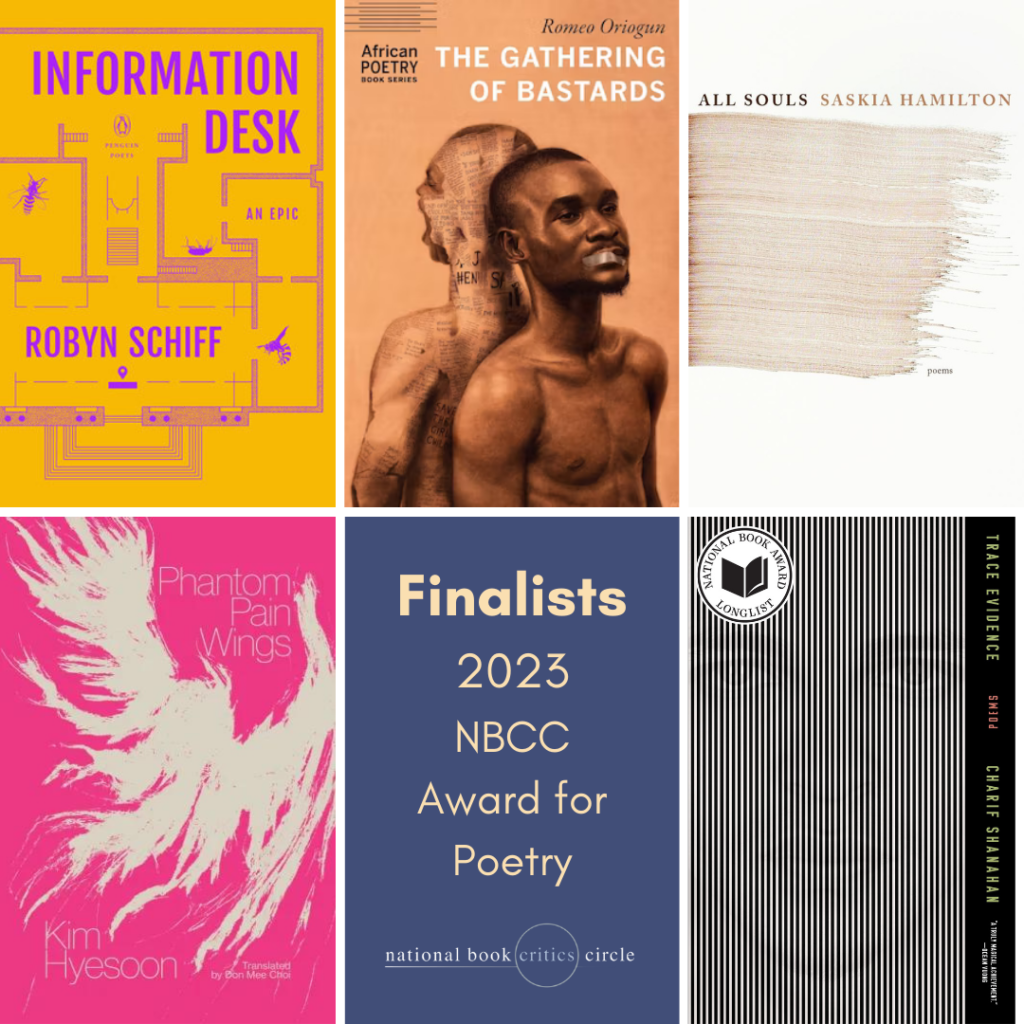
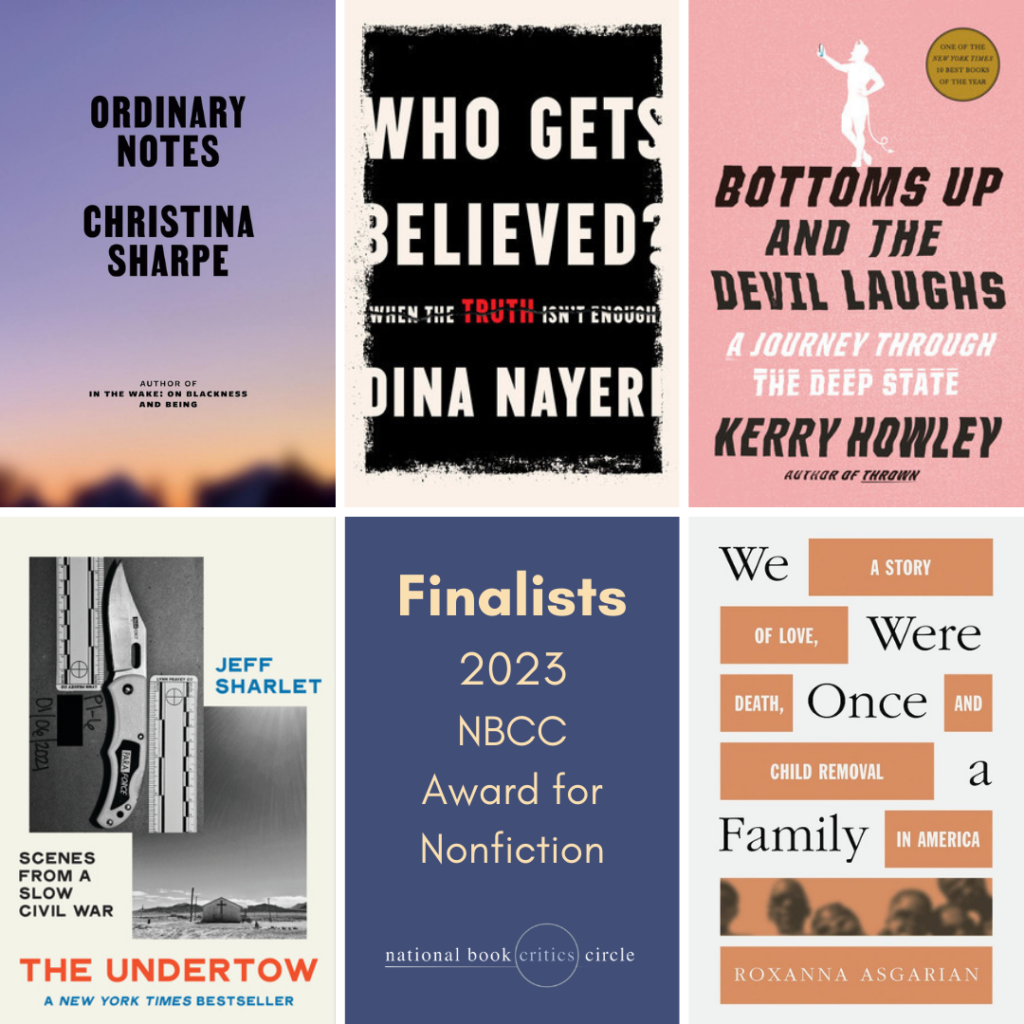
Reviews of poetry books at Literary Hub:
➢Previews and reviews of 2024 poetry books with Rebecca Morgan Frank: Anne Carson, Cindy Juyoung Ok, Rowan Ricardo Phillips, Diane Seuss, Reginald Shepherd, Danez Smith, Arthur Sze.
➢Jen Campbell, Nick Flynn, Ishion Hutchinson, Kelly Rowe, Timmy Straw, Tao Yuanming, and Tomas Tranströmer.
➢Adrienne Chung, Danielle Cadena Deulen, C. S. Giscombe, Shane McCrae, Diane Mehta, Romeo Oriogun, and Simon West.
An essay on Hua Hsu’s NBCC- and Pulitzer-winning memoir, Stay True, at Alta Journal’s California Book Club.
A wide-ranging meditation on home, exile, and borderlands, inspired by a symposium at Czesław Miłosz’s family home, now the Borderlands Institute, near Sejny, Poland, and by a trip to the border wall in Nogales, Arizona. The Iowa International Writing Program commissioned the piece.
David was elected to the board of directors at the National Book Critics Circle. For 2023, he is reading for the poetry and nonfiction committees.
“I am partial to the lyrical sunburst of Auden’s early work, with its ‘bewildered and unsettling visions’ of the shock and insularity of the twentieth century, but I find frissons of uncanniness and world-sorrow throughout his poetry, early and late.”—David’s essay on W. H. Auden in The Georgia Review.
Saturday, March 18, 2023, 7 p.m.: An Evening of Poetry with David Lloyd and Martha Ronk at Beyond Baroque, 681 Venice Boulevard, Venice, California:
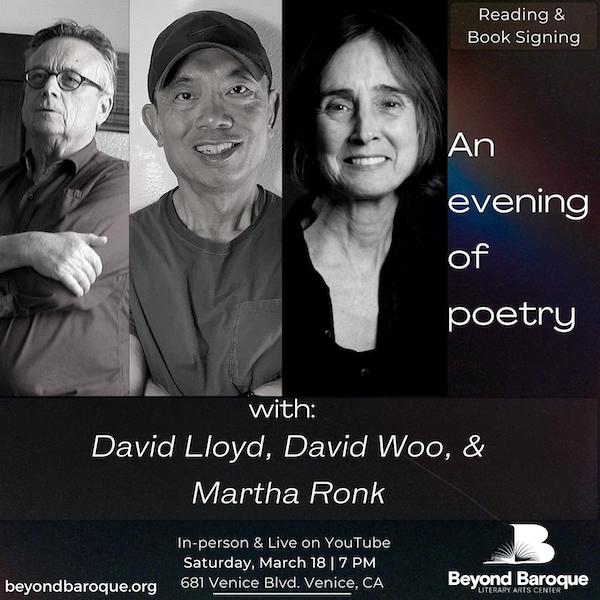
David read with Tobias Wray at Ciné in Athens, Georgia, on January 7, 2023, sponsored by the Poetry Foundation and The Georgia Review.
“One of the top poetry books of the year.” “Before he died in 2019, Harold Bloom wrote, ‘I expect David Woo to be one of the two or three poets of his generation.’ I’ve now read Woo’s new collection, Divine Fire, three times, and each time I find it more remarkable. His poems — wry even in the face of racism, death and the apocalypse — never fail to disturb my assumptions.”—Ron Charles, The Washington Post.
“If finding someone literal-minded is an occasion to celebrate the complexity of one’s own mind, it is also an accusation that can summon the most extreme aspects of consciousness.”—from David Woo’s essay “Literal” at the Poetry Foundation website.
David’s poem “Death of the Young Artist” appears in the Autumn 2022 issue of Poetry London. You can purchase the issue here.
David was one of the writers participating in an international symposium at the Borderlands Institute near Sejny, Poland, formerly the family home of Czesław Miłosz (see his poem “House in Krasnogruda”). The Iowa International Writers Program sponsored the compelling and often moving discussions on homeland, exile, the war in Ukraine, and climate change, November 16-20, 2022.
To read David’s reviews at the Poetry Foundation, go to Harriet Books here.
David’s review of Henri Cole’s Blizzard in The Georgia Review.
“Over time Wijnberg’s style has grown knottier, perhaps more compassionately ‘distracting,’ as he traces an inward journey through lifelong, accreted understandings of his best subjects, love, meaning, mortality, poetry itself”—from David’s review of Nachoem M. Wijnberg by Nachoem M. Wijnberg.
“Gewirtz, a specialist on China’s modern transformations, combats state-imposed alienation, imagining the inner lives of people that the authorities would erase. His poems on western culture make an aesthetic of indirection—a Vermeer’s interiority (‘that world outside where she isn’t’), a bog body’s ‘mute deserted face’—integral to his style of erudite disquiet.”—from David’s review of Julian Gewirtz’s Your Face My Flag.
The poem “In Praise of Disquiet,” from Divine Fire, appears at The Georgia Review online.
A conversation with Gerald Maa at The Adroit Journal.
For National Poetry Month 2021, Forbes.com interview with five poets, including David: part 1 here, part 2 here.
An interview at The Kenyon Review online in the #PoetryToday series by Ruben Quesada.
“In restless traversals of Paris, Chicago, Moscow, and his native Germany, Göritz’s edgy, on-edge poems turn out to be a quest—visionary, fallible—for some semblance of the “actual”’—from David’s review of Matthias Göritz’s Colonies of Paradise.
“In his compelling debut collection, We Borrowed Gentleness, J. Estanislao Lopez warns against the limits of the language a poet uses. ‘All you can offer anyone suffering in the world,’ he writes, ‘is a sentence, which is more often than not not enough.’”—from David’s review of J. Estanislao Lopez’s We Borrowed Gentleness.
“Passionate and entertaining, Jones’s book etches with fire the “alive” in its title, ‘burning through what little love / we have left.’”—from David’s review of Saeed Jones’s Alive at the End of the World.
“Chen’s ice cream sandwich connoisseur is inseparable from his indignant, queer, Asian poet: both arise from a maximalist sensibility, more from Whitman than from Dickinson, that ironically expresses the difficulty of self-acceptance through audacious assertions of pride in his identities”—from David’s review of Chen Chen’s Your Emergency Contact Has Experienced an Emergency.
“Aphoristic and elegant, The Rupture Tense articulates a lucid but challenging wisdom from the interstices of our inner lives”—from David’s review of Jenny Xie’s The Rupture Tense.
From David’s review of Julia Guez’s The Certain Body: “an eloquence of her own, an elegiacal cadence that resonates in accounts of life in New York City with the speaker’s wife and other loved ones.”
From David’s review of singer-songwriter PJ Harvey’s Orlam: “accomplished, allusive poetry that revives the dying vocabulary of Harvey’s upbringing.”
“What makes Poūkahangatus memorable is its youthful verve, its life-affirming erotic charge, and the bold way it embraces contradiction…”—from David’s review of Tayi Tibble’s Poūkahangatus.
“In contemporary Chinese poetry the emphasis on personal expression has been a mark of artistic integrity, a way of granting power to subjective realms that the state can’t or shouldn’t control.”—from David’s review of Wang Yin’s A Summer Day in the Company of Ghosts.
“What Lives captures most inventively is the brittle, flibbertigibbet quality of our despair in the face of global catastrophe, the way in which our awareness of the impending destruction of the earth can exist beside the need to “try happiness” today, to choose our own lives over the spiraling abyss.”—from David’s review of CJ Evans’s Lives.
“The plainness of Grennan’s ‘plainchant’ resides in his forthright intention to recreate his own wonder through a poem’s wonder, so that he arrives at a kind of sacred song of verisimilitude.”—from David’s review of Eamon Grennan’s Plainchant.
“From his poetry I surmise he’s a mortal being, cis male, heterosexual, a denizen of comic-strip versions of NYC and Kathmandu, a stand-up comedian of the page inhabiting a morose navel-gazer’s vale of tears.”—from David’s review of John Durak’s Condiments & Entrails.
“A creator of artificial intelligence for consumer goods, the speaker in Ryann Stevenson’s debut collection, Human Resources, resides in the uncanny valley of modern technological life, being human but finding life somehow unreal. Her sense of unreality is pervasive, deadpan, sometimes hilarious.”—from David’s review of Ryann Stevenson’s Human Resources.
“Wit abounds here, the wit of high spirits and pointed insight— ‘Don’t tell me what’s unbecoming / for a woman: I was raised on magazines’—and the more meditative wit that assuages the pain of falling out of love and finding one’s way through a newly estranged world.”—from David’s review of Shelley Wong’s As She Appears.
“Setting aside the wisdom of any self-respecting poet granting such influence (‘I’m Jack’s son,’ Rood tells the gatekeepers at Gilbert’s nursing home), how does Rood, a septuagenarian attorney publishing his first poetry book, become his own poet? Naming the Wind answers, in part, through the equanimity that faith and contemplation bestow.”—from David’s review of Steven Rood’s Naming the Wind.
“This memory space is less personal reflection than collaborative art installation, with Yang employing lines of varying lengths to evoke how architecture, art works, and writings feel, like the dense cavernousness of Grand Central Terminal, the delicacy of Kazumi Tanaka’s tea-ink drawings, the witty knottiness of Jean Valentine’s poetry.”—from David’s review of Jeffrey Yang’s Line and Light.
“The poems here resurrect memory through scrupulous characterization, especially in depictions of the speaker’s brother and their late father, whose love was ‘caught in his anger and his fists.’”—from David’s review of Chris Abani’s Smoking the Bible.
“The austere, straightforward poems of Wild Creature, Anna Crowe’s translation of the final two collections by Margarit, achieve a grave, Heraclitean beauty—‘this humble / presocratic poet I would like / to have become’—and demonstrate how old age, while no guarantee of wisdom, can provide a serene lucidity about human nature.”—from David’s review of Joan Margalit’s Wild Creature.
“If the effect is comical, this faux-naïf divestiture of complexity can create an almost burlesque sense of dislocation, serving as a strategy, along with delicately assembled lists and self-referentiality, to embody and gain purchase on the unsayable.”—from David’s review of Arda Collins’ Star Lake.
“The central wound of McCrae’s life, the cruel suppression of his own identity and the alienation that resulted, is made to ‘write back’ and yield its meaning through the transformed perceptions of art,in poems addressed to those the poet loves, in retellings of the lives of lost figures from African American history, and in a mythopoeic vision divulged across several of his books.”—from David’s review of Shane McCrae’s Cain Named the Animal.
“From ekphrastic pieces to profane epistolary meditations to philosophical parody to headlong, luge-like poems in thrall to polysyndeton, Meitner’s effort to create ‘a trace, exalted’ is restless, alternately carefree and exacting, with a desire for transcendence that heeds the mortal limits of our materiality…”—from David’s review of Erika Meitner’s Useful Junk.
“The timeless lyricism of ‘Flight and Metamorphosis’ may be what we need as war, atrocity, and exile return to Europe.”—from David’s review of Flight and Metamorphosis by the great visionary poet Nelly Sachs, a Nobel winner yet unjustly neglected.
“[Armantrout’s] aim is to gain insight and epiphany through the kind of astringent, epistemological estrangements that her work has long mastered.”—from David’s review of Rae Armantrout’s Finalists.
“[Daisy] Fried’s voice is brass-tacks, demotic American, with an unsentimental erotic nostalgia—‘We couldn’t stop being naked’—and a deceptively insouciant outspokenness that both veils and exudes a deep-seated melancholy.”—from David’s review of Daisy Fried’s The Year the City Emptied.
At AWP, March 23-27, 2022, in Philadelphia, David appeared at the following events: 1. “Is My Writing Queer Enough?”—a panel organized by Ruben Quesada with Nicky Beer, Celeste Chan, Faylita Hicks, and Vanessa Angélica Villarreal, Friday, March 25, 12:10 p.m.–1:25 p.m. ET, Room: 121BC, Pennsylvania Convention Center, 100 Level; 2. “Second Acts,” a reading at Tattooed Mom, 530 South Street, Friday, March 25, 8 p.m.-10 p.m., with Derrick Austin, Taneum Bambrick, Rosebud Ben-Oni, Andrés Cerpa, Richie Hofmann, Christopher Kempf, Donika Kelly, Jacques J. Rancourt, Nancy Reddy, Roger Reeves, Chet’la Sebree, Casey Thayer, Corey Van Landingham, Noah Warren, and Jane Wong; 3. The Georgia Review, book-signing table for Divine Fire, Saturday, March 26, 2 p.m.
“The poems here seek to strip language to its borderlines—between self and other, past and present, private and public—to hold the mind within contrarious states of being.”—from David’s review of Jos Charles’s a Year & other poems.
“Ordinary sight becomes insight into history’s precariousness and the mind of the exiled”—from David’s review of Victoria Redel’s Paradise.
“Those receptive to his paradoxes and disjunctions gain a kind of polymorphous admission to Koestenbaum’s ‘pink gouache consciousness'”—from David’s review of Wayne Koestenbaum’s Ultramarine.
“The best poems here express their civic impulse through the intimacy of personal relationships.”—from David’s review of Cyrus Cassell’s eighth collection, The World that the Shooter Left Us.
“Tran is brilliant at evoking the ways in which the strata of selfhood illuminate one another even when, like pentimento or palimpsest, they occlude one’s line of vision”—from David’s review of Paul Tran’s All the Flowers Kneeling.
“The best poems here dramatize, with verve and specificity, the ways in which an alert and often devastated consciousness assimilates the joy and desolation of the world.”—from David’s review of George Szirtes’ Fresh Out of the Sky.
“Return Flight finds its most memorable destinations in Taiwanese identity—‘getting lost / in green brush / then seeing / the sea’—and in familial reconciliation and coming of age”—from David’s review of Jennifer Huang’s Return Flight.
“Olzmann’s approach is direct, unpretentious, deceptively literal-minded”—from David’s review of Matthew Olzmann’s Constellation Route.
“[T]he idyllic, philosophically minded poetry of In a Bucolic Land, translated lucidly by Ottilie Mulzet, lends enduring form to the ashes of affliction.”—from David’s review of Szilárd Borbély’s In a Bucolic Land.
“Keene creates a vital poetry that provides something compellingly idiosyncratic yet universal: ‘desire parsed, down to its constituent elements.’”—from David’s review of John Keene’s Punks.
“While its environmental critique is important, what makes this collection so exquisite is Benning’s precise evocations of a land where ‘all flesh is grass’ and ‘[p]lace, in its mercy, holds all.’”—from David’s review of Sheri Benning’s Field Requiem.
Beauty in Angelo Mao’s poems is high-style, eloquent, visceral.—from David’s review of Mao’s debut collection, Abattoir.
Tomaž offers an inspiring model for becoming a poet, with an insouciance that makes congenial a serious dedication to poetry and with the grace to thrive in a now-lost world of avant-garde bohemias.—from David’s review of Tomaž by Tomaž Šalamun and Joshua Beckman.
“Throughout his career, as The Gleaner Song attests, Song Lin has sustained a courageous clarity about poetry”—from David’s review of Chinese poet Song Lin’s first book to appear in English, translated by Dong Li.
David’s review of doctor-poet Laura Kolbe’s “wryly detailed and compassionate debut collection” Little Pharma.
Russian poet Polina Barskova’s Air Raid “lets us hear the silence in a world persisting after great catastrophe,” in a dazzling new translation by Valzhyna Mort: David’s review here.
“Riley captures the accents of his hardscrabble world through language worked to a country eloquence”—from David’s review of Atsuro Riley’s Heard-Hoard.
“To find a sustaining music in elaborations of silence and absence is the method of Tobias Wray’s grave, rapturous debut collection.”—from the review of No Doubt I Will Return a Different Man.
David Woo began writing reviews of poetry books for Harriet Books at the Poetry Foundation in October 2021.
“I close Divine Fire feeling that Woo has a Midas-like touch for the holy—indeed, the reader often feels surprised by the poems’ holiness. Unlike the impossible-to-hold Proteus, the poet is not trying to wrest themselves away from the reader, but to come closer to them, to share an experience of transformation.”—from the review of Divine Fire by Han VanderHart at Ecotheo.
A poetry reading for Ruben Quesada’s Mercy Street Readings, Sunday, June 6, 2021, 7 p.m. ET, with Christopher Kondrich, Aviya Kushner, Kathleen Ossip, Kevin Prufer, and Alina Stefanescu, hosted by Charles Jensen. Click here to go to other readings in the wonderful series.
A reading with Susan Kelly-Dewitt for Poetry Flash, November 12, 2020.
New poems, including “The Leaf Blower among the Swimming Pool Lights,” “In Praise of Disquiet,” “Egg,” and “The Visitation of God” (inspired by a poem of the same name by Luis Cernuda), in the spring 2021 edition of The Georgia Review.
David joined Henri Cole and Jane Hirshfield for a lovely reading at the AWP Conference, March 7, 2021. The reading was titled, after Elizabeth Bishop, “The Bubble in the Spirit Level: Catching and Freeing Poetic Beauty.”